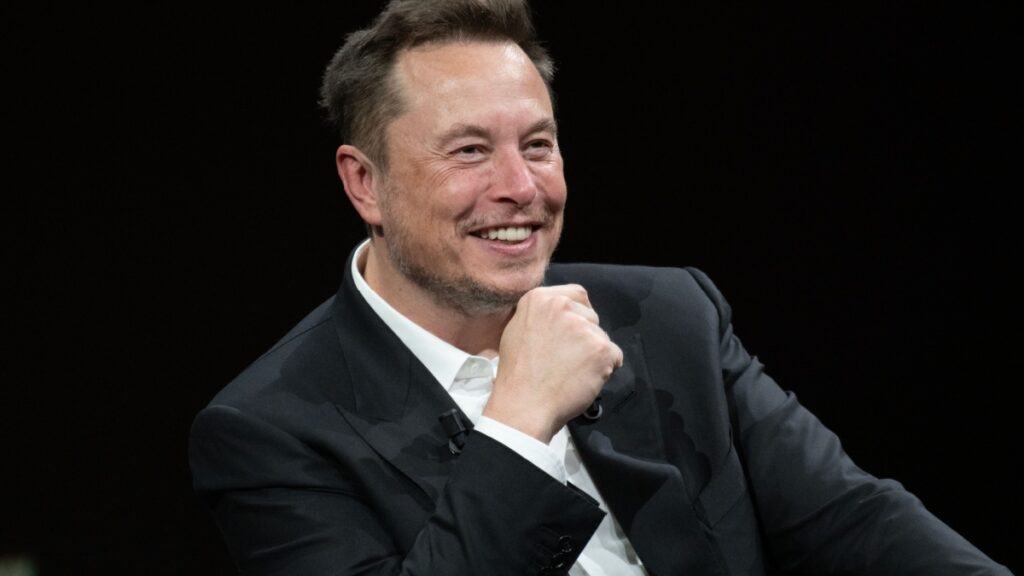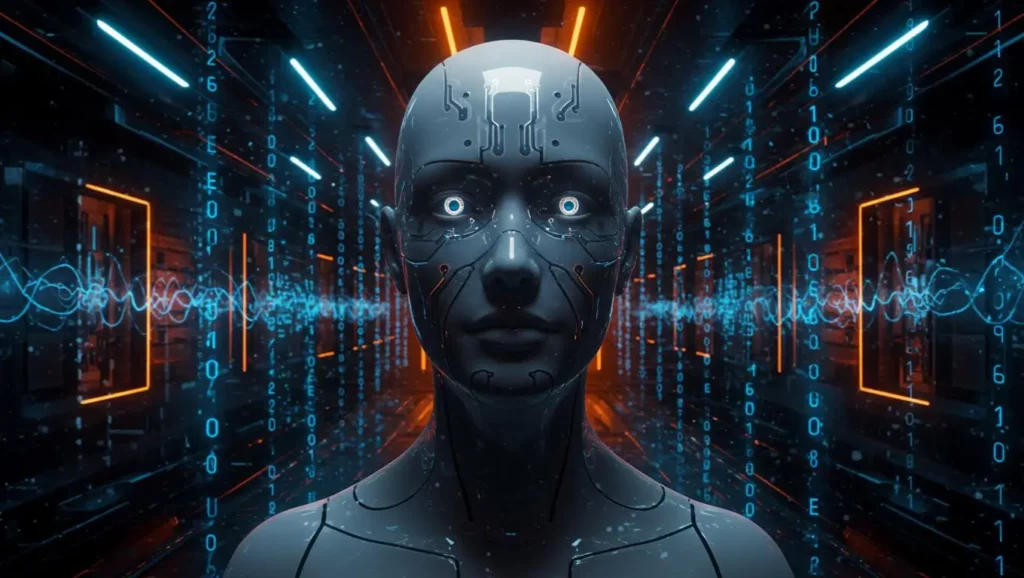Elon Musk doesn’t just want to lead Tesla; he wants absolute control over it. His request for a $1 trillion package to command an “army of robots” raises a daunting question: what happens when one man seeks to reign over the machines of the future?
Why Is Elon Musk Asking for a $1 Trillion Package? To Ensure Total Decision-Making Power
This is where it gets fascinating – and a little unsettling. During Tesla’s quarterly earnings presentation, Elon Musk requested a $1 trillion compensation package. Not to purchase an island or a space station, but to “maintain control over the army of robots” that Tesla is in the process of creating.
According to him, it’s not money that matters, but rather long-term decision-making power. He believes he needs at least 25% of the voting rights to steer the company’s strategy. Otherwise, he risks being ousted by activist fund decisions or advisory firms like ISS or Glass Lewis. For Musk, without this control, Tesla could stray from his vision.
What Lies Behind the Term “Army of Robots” Repeated by Musk? An Ambition Beyond Industrial Boundaries
The word “army” has been repeated by Musk several times, raising eyebrows. Officially, Tesla’s Optimus robots are designed to assist humans with household or industrial tasks. Yet Musk creates an air of uncertainty. He speaks of a “glitch of infinite money” and a world without poverty thanks to robots, but also emphasizes the need for strict control.
Why the insistence? Once deployed on a large scale, these robots could disrupt social and economic balances. Underneath it all, a transhumanist vision emerges, where humans and machines coexist, but only if a legitimate hand holds the reins – and that hand is his own.
The Numbers Say It All: Between Technological Ambition and Mixed Economic Reality
Let’s come back to reality for a moment. Tesla recently reported mixed financial results. Revenue is increasing, but net profit has dropped by 37%. Why? Because Tesla is massively investing in artificial intelligence and robotics. The development of Optimus and robotaxis is progressing, but it comes at a steep price.
There seems to be a real disconnect. On one hand is the dream of robotic domination, and on the other, the pressure for short-term results. This contrast likely explains Musk’s nervousness. He wants to convince shareholders that the key will be long-term, but for that trust must be established now.
The Vote on November 6: A Crucial Test for Musk’s Power (and Tesla’s Future)
The November 6, 2025 vote will be pivotal. If his plan passes, Musk could gain up to 25% of the voting rights. How? By receiving 423 million shares, contingent upon achieving colossal goals. Tesla will need to hit $8.5 trillion in market capitalization, produce 20 million vehicles, and deliver one million Optimus robots.
Are these goals realistic? It’s hard to say. The main challenge remains gaining the trust of small shareholders, who see Musk as a visionary genius – a bit crazy at times, but unique. In contrast, activist funds, judges, and advisory firms are calling for caution.
What is certain, however, is that Tesla’s future no longer relies solely on its electric cars. It is increasingly dependent on the almost mystical relationship between Musk and his machines, and his fierce determination to keep them under his control.




